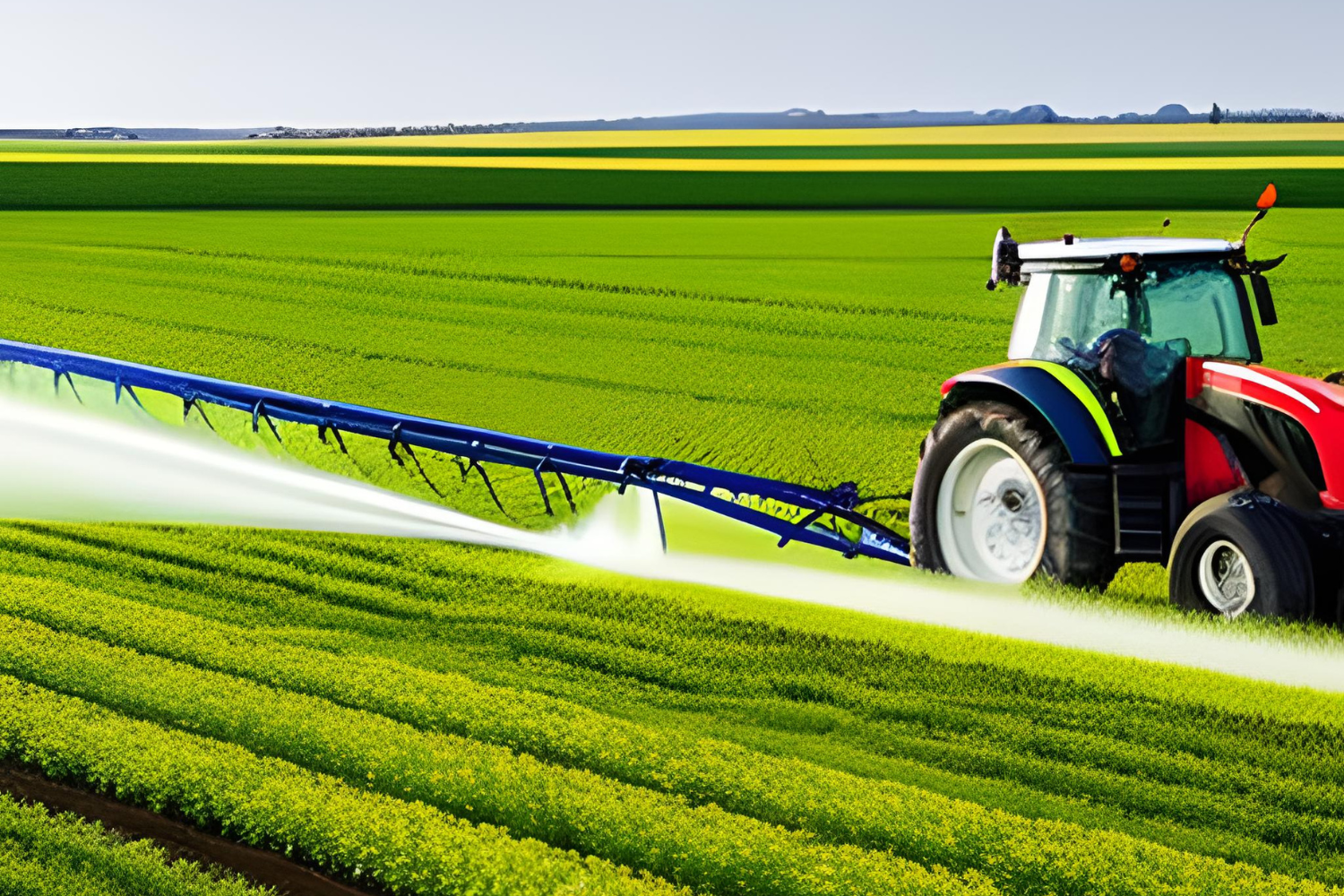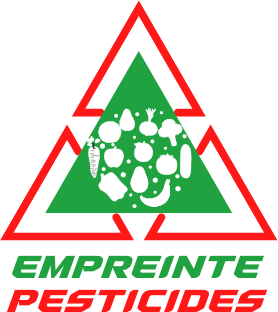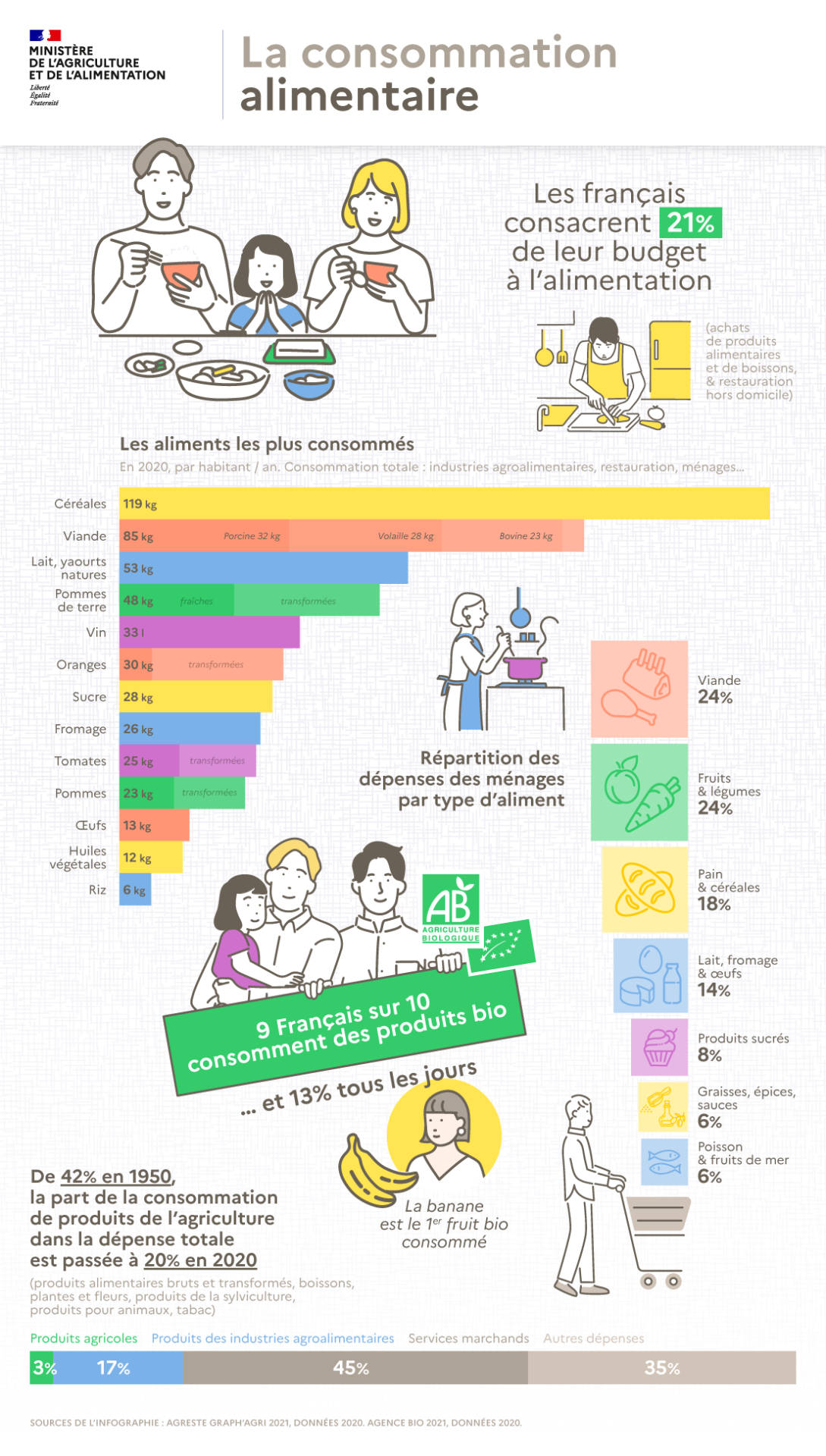And you? What's your pesticide footprint?
This calculator estimates the pesticide footprint of your food consumption. Based on your consumption of non-organic and organic foods, you can easily assess the area treated with chemical pesticides. The larger the treated area, the more negative impact your consumption has on the environment (water, soil, air). Conversely, the larger the protected area, the more your consumption contributes to preserving the environment and biodiversity. For more details, check the FAQ.
- Choose the products you consume from the drop-down list
- Enter the quantities purchased in organic and/or non-organic
- Assess your pesticide footprint by clicking on the "Calculate!"
| Food | Quantity purchased organically (kg) |
Quantity purchased in non-bio (kg) |
Share of purchases in organic products |
Surface treated | Area protected by organic purchases |
|
|---|---|---|---|---|---|---|
| 0 % | 0 m² | 0 m² |

My pesticides footprint: 0 m²
The surface I'm protecting : 0 m²
My pesticides footprint: 0 m²
The surface I'm protecting: 0 m²

The detailed calculation method and examples of use are described in the methodological document. Click here to download it.
No! Most plants that humans grow for food or clothing (clothing is primarily made of cotton, for example) are affected by synthetic chemical pesticides. For instance, 18 million tons of cotton are produced each year, consuming 11% of pesticides in the world.
Yes! Even the Court of Auditors highlighted it in a 2022 report. And to answer all your questions on the subject, you can visit this site "Everything About Organic".
The Ecotone Foundation is the corporate foundation launched at the initiative of Ecotone, the European leader in organic, plant-based, and fair trade food, with a mission to "nourish biodiversity". Solagro is an associative company founded 40 years ago and provides expertise in agroecological, climate, energy, and food transitions.


